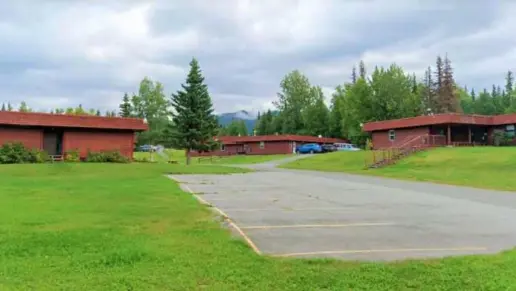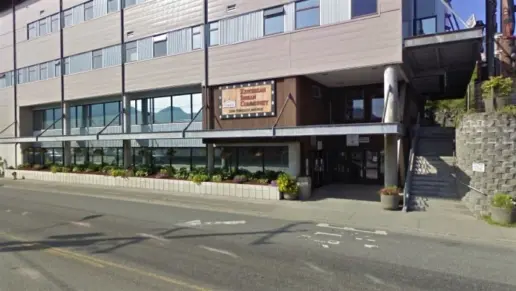About AA – Alcoholics Anonymous
Community-Based Care
Clients in AA engage in extensive, peer-directed group therapy and one-on-one recovery coaching from a self-selected sponsor. Group meetings are free, anonymous, open to the public, and accessible 365 days per year, including evening, night, weekend, and holiday sessions.
The 12-Step Model
The 12-Step model of recovery embraces a stages of change approach that supports whole-person healing. Clients participate in extensive recovery-focused life-skills training to facilitate their physical, psychological, emotional, social, and spiritual wellbeing.
Payment
AA group meetings, recovery education programs, and related services are available at no cost to clients. However, peers may refer clients to medical or mental health care providers for paid services. Many clinicians accept major commercial insurance plans, such as Aetna, Cigna, and BlueCross BlueShield, to offset treatment costs. Contact your insurance provider to verify coverage, because out of network benefits can vary.
Gallery
Other Forms of Payment
Addiction Treatments
Levels of Care
Treatments
The goal of treatment for alcoholism is abstinence. Those with poor social support, poor motivation, or psychiatric disorders tend to relapse within a few years of treatment. For these people, success is measured by longer periods of abstinence, reduced use of alcohol, better health, and improved social functioning. Recovery and Maintenance are usually based on 12 step programs and AA meetings.
During drug rehab in Alaska, you'll receive a combination of medical and psychotherapeutic treatments that are designed to treat drug dependency. The goal of drug rehab is to break this dependency and help you develop the skills to maintain a drug-free life.
Substance rehabs focus on helping individuals recover from substance abuse, including alcohol and drug addiction (both illegal and prescription drugs). They often include the opportunity to engage in both individual as well as group therapy.
Programs


Clinical Services
Group therapy is any therapeutic work that happens in a group (not one-on-one). There are a number of different group therapy modalities, including support groups, experiential therapy, psycho-education, and more. Group therapy involves treatment as well as processing interaction between group members.
Contact Information
360 Klutina
Valdez, AK 99686


